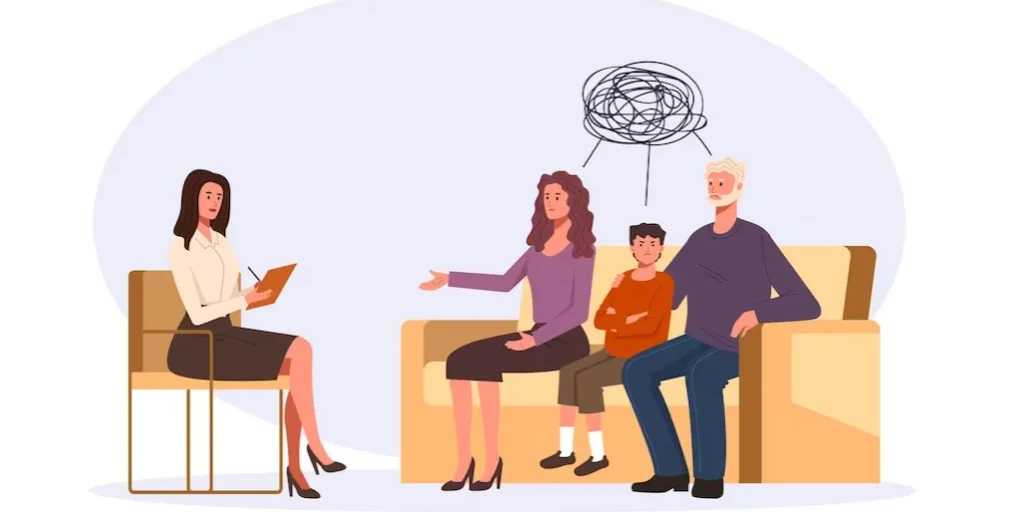24/7 Helpline:
(866) 899-221924/7 Helpline:
(866) 899-2219
Learn more about Dual Diagnosis Rehab centers in Loon Lake
Dual Diagnosis Rehab in Other Cities

Other Insurance Options

Premera

Covered California

Health Net

Multiplan

MVP Healthcare

Access to Recovery (ATR) Voucher

Kaiser Permanente

Holman Group

BlueCross

Sliding scale payment assistance

Ambetter

United Health Care

Evernorth

Health Choice

MHNNet Behavioral Health

Coventry Health Care

PHCS Network

Molina Healthcare

CareSource

Carleon







NorthEast Washington Alliance Counseling Services
NorthEast Washington Alliance Counseling Services - Hawthorne Avenue is a diagnostic and treatment c...

























































































































































































































Crisis Intervention Counseling
Crisis Intervention Counseling is a private rehab located in Colville, Washington. Crisis Interventi...

AA – Alcoholics Anonymous
AA – Alcoholics Anonymous is a non-profit rehab located in Colville, Washington. AA – Alcoholics Ano...

Spokane Tribe Behavior Health Agency
Spokane Tribe Behavior Health Agency is a public rehab located in Wellpinit, Washington. Spokane Tri...

Northeast Washington Counseling Service
Northeast Washington Counseling Service is a public rehab located in Chewelah, Washington. Northeast...





























































